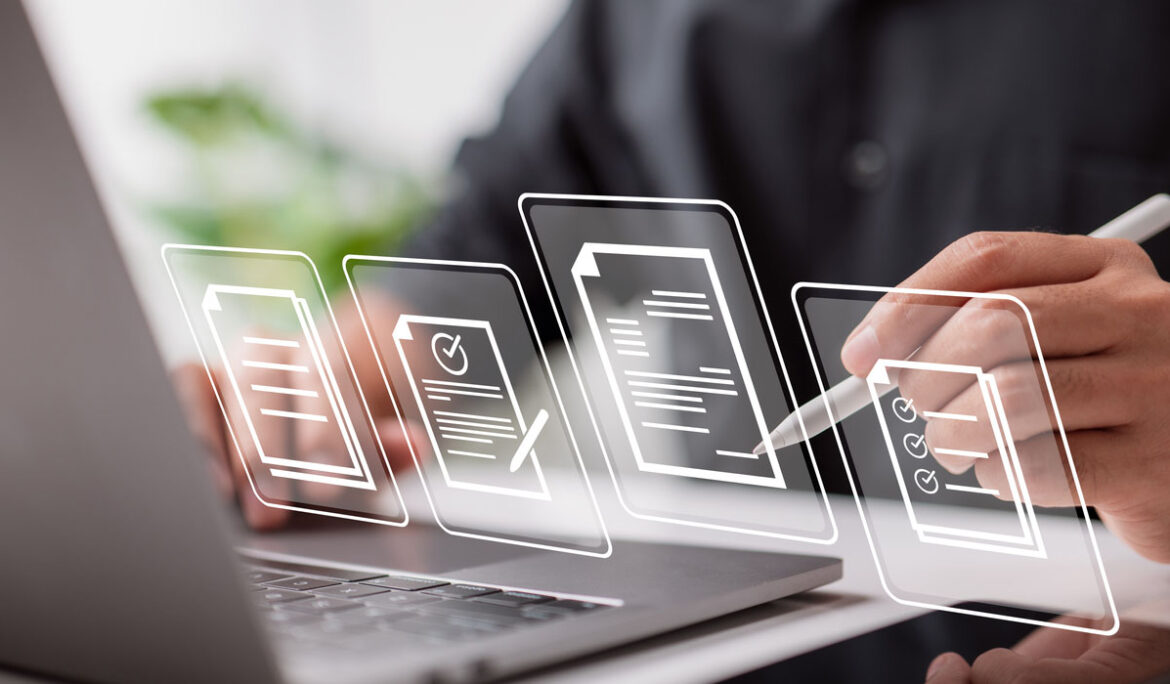
Law firms were forced to temporarily close their physical offices and rely on virtual connections as a result of COVID lockdowns and safety concerns. Previously in-person client meetings and firm collaboration suddenly moved online. Instead of visiting the company’s office, customers read and signed documents on their devices.
Many of these changes were well received by customers because they saved them time and gave them more flexibility. Among the most well-liked modifications are:
The rise of the self-service delivery model
Prior to COVID, self-service for legal clients was already a trend that grew during the shutdowns. Many fundamental legal questions are now expected to be answered by clients themselves. You could call it the legal service delivery version of Google. Clients also want to be able to see where their cases stand without having to call their lawyers and possibly pay for it.
Mobile devices accelerated legal service delivery
Using phones and other mobile devices to access legal information and services is another pre-existing trend that took off even more during the pandemic. Mobile devices accelerated the delivery of legal services.
Clients value the ease and adaptability of being able to handle their legal matters at any time and from any location, 24 hours a day, seven days a week. Clients get their answers immediately by directly accessing the information they require, avoiding the delays caused by email exchanges or the cost of a phone call or consultation.
From ordering dinner to paying their bills, many customers rely on their devices as their primary method of accessing routine services. As a result of the pandemic office closures, even more clients were exposed to the convenience of mobile access to legal information and services. Now, legal services are beginning to be included in that mix. Law firms have learned lessons about how to provide client service in the world after the pandemic, and clients do not want to go back to how things were before.
Additional sources of information affecting the service delivery model
Customers are utilizing a wider variety of information sources. The client now has access to a wider range of resources beyond the lawyer. Companies that are smart have assembled teams of professionals with complementary skills to provide their customers with more value. Team members who come from a variety of fields, such as finance, technology, and project management, bring fresh ideas, knowledge, and approaches to problem-solving.
Beyond the pandemic
Take charge of putting your legal service delivery model into action. Don’t let this opportunity pass you by. The delivery of legal services during the pandemic has forever altered clients’ expectations regarding how and when they can access the necessary legal information and services.
You have the ability to meet those expectations without interruption through a cutting-edge secure client portal, preventing clients from leaving. You will earn their long-term loyalty if you take the initiative and provide them with the engagement they desire right now.


